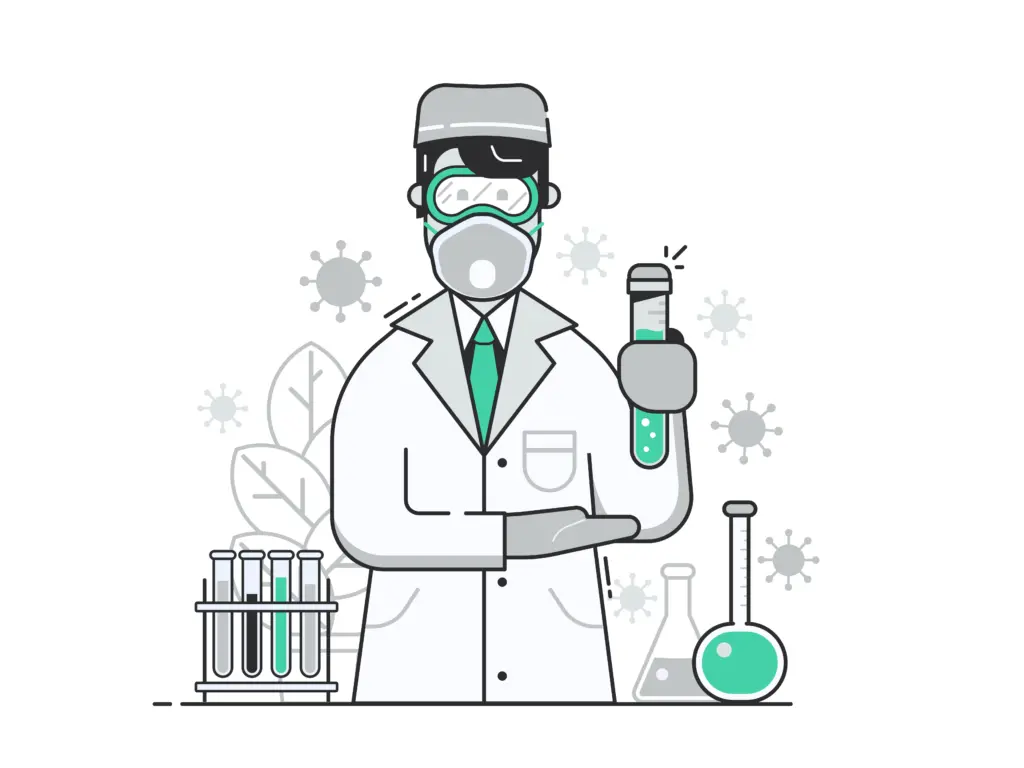The placebo effect refers to the observable improvement in a person’s condition after receiving a treatment that has no therapeutic effect. This improvement is attributed to the individual’s belief in the treatment’s efficacy rather than any inherent properties of the intervention. Studies have shown that placebos can elicit real physiological responses, such as changes in heart rate, blood pressure, and even brain activity.
Mechanisms at Play
The mechanisms behind the placebo effect are not fully understood, but researchers believe it involves a complex interplay between psychological and neurobiological factors. Expectations, conditioning, and the release of endorphins and other neurotransmitters play a role in the placebo response. The brain, influenced by the power of belief, can activate healing processes, leading to tangible improvements in various health conditions.
The Mental Health Connection
The placebo effect’s impact on mental health is particularly intriguing. Conditions such as depression, anxiety, and even chronic pain can exhibit improvements when individuals believe in the effectiveness of a placebo treatment. The mind’s ability to shape perceptions and alter the experience of pain or distress underscores the intricate connection between belief systems and mental well-being.
Harnessing Belief for Mental Health
Recognizing the potency of belief in mental health, clinicians are exploring ways to leverage this phenomenon ethically. Integrative approaches that incorporate psychological interventions alongside traditional treatments aim to maximize the benefits of both belief and evidence-based therapies. Mindfulness, cognitive-behavioral therapy, and positive affirmations are examples of practices that empower individuals to cultivate a positive mindset, potentially amplifying the placebo effect in a therapeutic context.

The Nocebo Effect
While the placebo effect highlights the positive impact of belief on health outcomes, its counterpart, the nocebo effect, warrants attention. Negative beliefs and expectations can exacerbate symptoms or even induce side effects in the absence of any harmful substance. Understanding and addressing the nocebo effect are crucial aspects of promoting holistic mental health care.
Implications for Healthcare
The placebo effect challenges traditional views on the mind-body connection and emphasizes the importance of considering psychological factors in healthcare. Integrating patient beliefs and expectations into treatment plans may enhance overall therapeutic outcomes. Furthermore, fostering open communication between healthcare providers and patients can help manage expectations and optimize the potential benefits of belief-driven healing.
Conclusion
The placebo effect is evidence of the influence of belief on mental health. Understanding and harnessing the power of belief can open new avenues for enhancing treatment outcomes and promoting holistic well-being. As we continue to explore the intricate connections between mind and body, the integration of belief-driven healing practices may pave the way for more personalized and effective approaches to mental health care.
Ready to begin? Start your online therapy journey today. Book your first session now.




